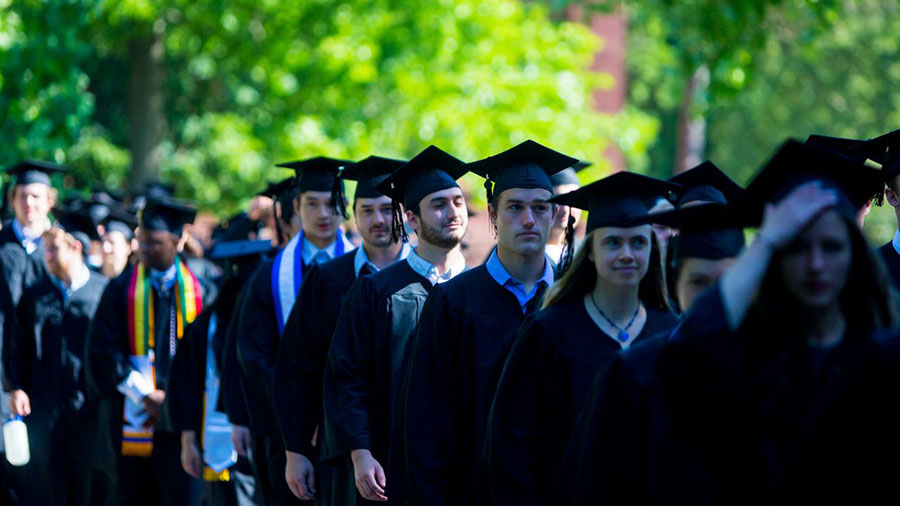Those who were born between the 80s and 2000 – although some studies use different dates to define the beginning of the next generation – are living in a world where people are regularly competing. Unlike the previous cohorts, the majority of millennials is doing everything so each of them can be their best versions. You might believe this is great. However, according to this new study performed by English experts, finding perfection so hard is unhealthy.
If we consider the data already given about millennials, we could estimate that all of them are now between 17 and 28 years old. Additionally, we would also be able to say that they are college students, simple workers, or at least young adults over the legal age.
As the lead author Thomas Curran of the University of Bath, and co-author Andrew Hill of York St. John University, explained on the paper published December 28 in the journal Psychological Bulletin, perfectionism is an “irrational desire to achieve along with being overly critical of oneself and others.”

To determine how committed millennials are to be perfect, British scientists gathered up to 40,000 college students from the United States, Canada, and Britain. They observed which causes made them want to achieve perfectionism, and noted that some of them were not self-oriented but impulsed by external factors.
According to them, this one is the first study that seeks to visualize the levels of perfectionism within the generations. However, in the end, the experts noticed more than the difference between those born before the 80s and the others born after 2000. They wrote that wanting to become perfect so desperately makes people suffer from mental illnesses, like depression and anxiety.
Millennials are also known for being a generation touched by technology and social media. According to different studies, the pressure they feel thanks to how the world has changed makes them be part of an American society who has demonstrated the highest rates of suicide since four decades ago.
The study showed that three different factors orientate millennials on their search for perfectionism: themselves, the people near to them, and the society itself. According to the scientists, modern-day students are always thinking about the perception and expectations of the people that surround them.
Under scrutiny
The experts gathered information of 42,000 students who had enrolled in the colleges of the three countries between 1989 and 2016.
Those who were the youngest in the data, thus also students who just had recently started college, scored higher in all three forms of perfectionism.

Comparing the results of the youngest to the results of the oldest students made scientists note that the socially prescribed perfectionism – which is the perception of the others’ excessive expectations – increased by 33 percent.
They saw that other-oriented expectations, which means expecting something unrealistic from somebody else, rose by 16 percent. Likewise, oriented perfectionism – or desperately wanting to become perfect – increased by 10 percent.
“These findings suggest that recent generations of college students have higher expectations of themselves and others than previous generations,” Curran said. “Today’s young people are competing with each other in order to meet societal pressures to succeed and they feel that perfectionism is necessary in order to feel safe, socially connected and of worth.”
Curran also wrote that young people’s seek of perfectionism might be influenced by social media – although this is just a theory that has not been proved or backed up by more research.
Technology affecting millennials
Thanks to this tool, students can compare themselves practically with every other person who has internet access – from the most common ones to the Hollywood stars. This creates a misperception of their bodies and causes them dissatisfaction and isolation.
For the British scientist, the race for perfection negatively affects millennials by making them develop severe mental illnesses – which can lead to more health, physical issues. Perfectionism – which he described it as a “core vulnerability to a variety of disorders, symptoms, and syndromes” – could end in psychological difficulties, such as depression and anxiety.

Research on college students’ mental health has increased these past years. Likewise, students looking for mental health attention has spiked from 2009 to 2015 by about 30 percent, as the Center for Collegiate Mental Health at Penn State University stated.
“American, Canadian, and British cultures have become more individualistic, materialistic, and socially antagonistic over this period, with young people now facing more competitive environments, more unrealistic expectations, and more anxious and controlling parents than generations before,” Curran and Hill wrote.
Source: American Psychological Association
